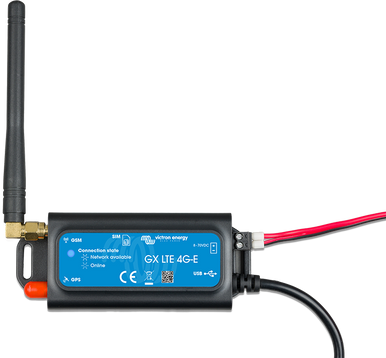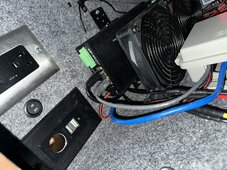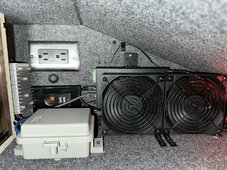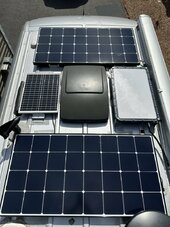Bluedog225
Texas
- Joined
- Nov 18, 2019
- Messages
- 3,226
I’m at the point where I want to hook up the Victron remote monitoring functionality. Looks like I’ll need a hotspot at my remote off grid place.
What devices do y’all use, and what is your dad use per month? Just checking in on the place? Do you have remote cameras or other devices?
I’ll use this info to pick a data plan.
Thanks
What devices do y’all use, and what is your dad use per month? Just checking in on the place? Do you have remote cameras or other devices?
I’ll use this info to pick a data plan.
Thanks







